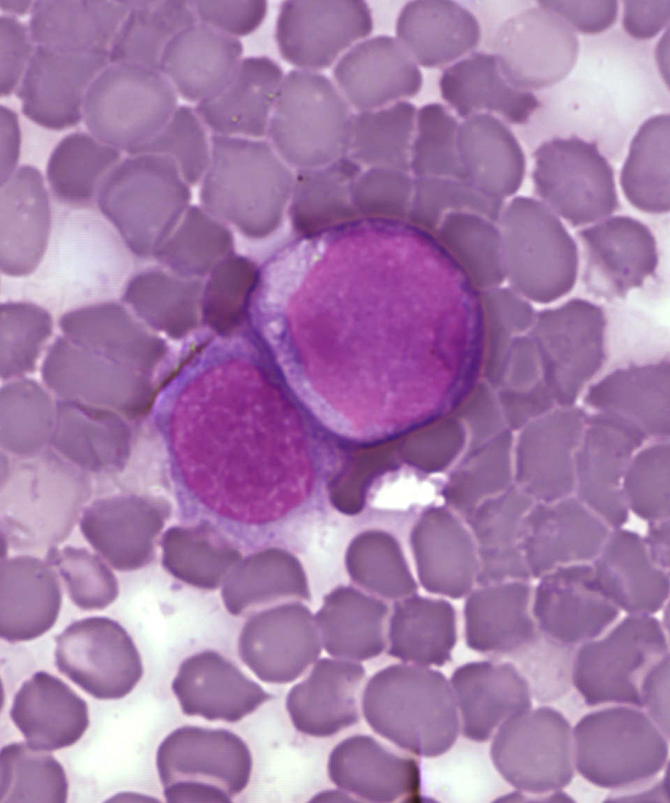Gene Therapy Cures Extreme Leukemia In Eight Days

Despite the blow from the sequestration that could drop nearly $1.6 billion in biomedical and scientific funding from across all NIH-supported work, researchers like Memorial Sloan-Kettering resume their research and ultimately hope for breakthroughs. In this latest case, they found a gene therapy method that could make an incurable form of leukemia disappear in eight days.
Leukemia is one of the masked forms of cancer that account for nearly 33% of all cancer cases for children, and the cause of death for 1,340 children.
Memorial Sloan-Kettering researchers genetically altered the antigen receptor of a patient's T cells so it can attach to certain proteins of cancerous B cells. Their findings appear in Science Translational Medicine.
In a 58-year-old patient, the B cell acute lymphoblastic leukemia, or B-ALL, was completely gone. And in all five of the patients with B-ALL, the cancer disappeared.
The T cells were infected with viruses that transported a gene. The gene told the cells to attack cancer-stricken cells that expressed a protein known as CD19.
The treatment would have been more effective in patients who used this option as their first choice to treat ALL. Two patients suffered from a relapse while another formed a blood clot, both died, but possibly from using another conventional therapy beforehand or from an unrelated cause.
Researchers hope to treat 50 more patients with other forms of cancer as their next step.
The breakthrough for B-ALL came at the heels of another leukemia study from researchers at the University of California, whose state is at risk of losing $180 million in NIH-funded research. The discovery of a humanized monoclonal antibody was a timely reward.
This slightly modified anti-body was found to target the specific surface protein receptors, called CD44, of chronic lymphocytic leukemia, CLL, patients while leaving normal B-cells alone.
This monoclonal antibody also reprogrammed certain cancer cells expressing certain proteins to self-destruct. The proteins occur in nearly half the patients with CLL, who also receive a more aggressive form of treatment compared to those who don't express the protein.
More than 4,000 people diagnosed with CLL die every year, while nearly 16,000 new cases arise.
Published by Medicaldaily.com



























